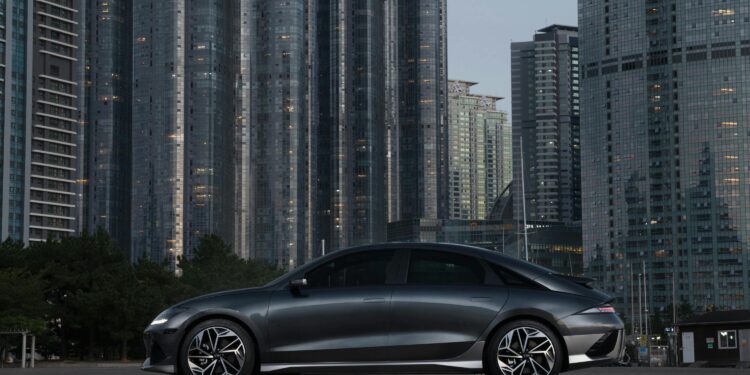Automaker expands domestic footprint as demand for hybrids surges and policy pressures reshape the EV landscape
Toyota Motor (TM) announced Tuesday that it will invest $912 million across manufacturing plants in five Southern states, accelerating U.S. production of hybrid vehicles as part of its broader commitment to spend up to $10 billion domestically by 2030. The new funding is aimed at expanding hybrid powertrain capacity, reinforcing Toyota’s position as the U.S. hybrid market leader, with more than 51% market share through the third quarter, according to Motor Intelligence.
The largest investment—$453 million—will go toward Toyota’s facility in Buffalo, West Virginia, where the company will expand assembly of four-cylinder hybrid-compatible engines. Additional allocations include $204.4 million for Toyota’s Georgetown, Kentucky, plant to support hybrid engine production and $125 million to expand Corolla assembly in Blue Springs, Mississippi, to include hybrid variants. Most projects are expected to be completed by 2027 and collectively create 252 new jobs.
“Customers are embracing Toyota’s hybrid vehicles, and our U.S. manufacturing teams are gearing up to meet that growing demand,” said Kevin Voelkel, Toyota Motor North America’s senior vice president of manufacturing operations. He added that Toyota remains committed to its philosophy of “build where we sell,” emphasizing domestic investment and workforce expansion.
The announcement follows Toyota’s confirmation last week that it will invest up to $10 billion more in U.S. operations over the next five years—a plan highlighted by former President Donald Trump. The news also comes amid headlines involving Toyota chairman Akio Toyoda, who reportedly donned “Make America Great Again” attire at a Fuji Speedway racing event while hosting U.S. Ambassador George Glass and discussing tariff impacts.
As Washington’s trade policies and shifting EV regulations create uncertainty for automakers, Toyota continues to double down on hybrids—positioning them as a strategic middle ground between gasoline and fully electric vehicles while navigating a politically charged and rapidly evolving market.
You might like this article:Meta Wins FTC Antitrust Battle Over Instagram and WhatsApp











